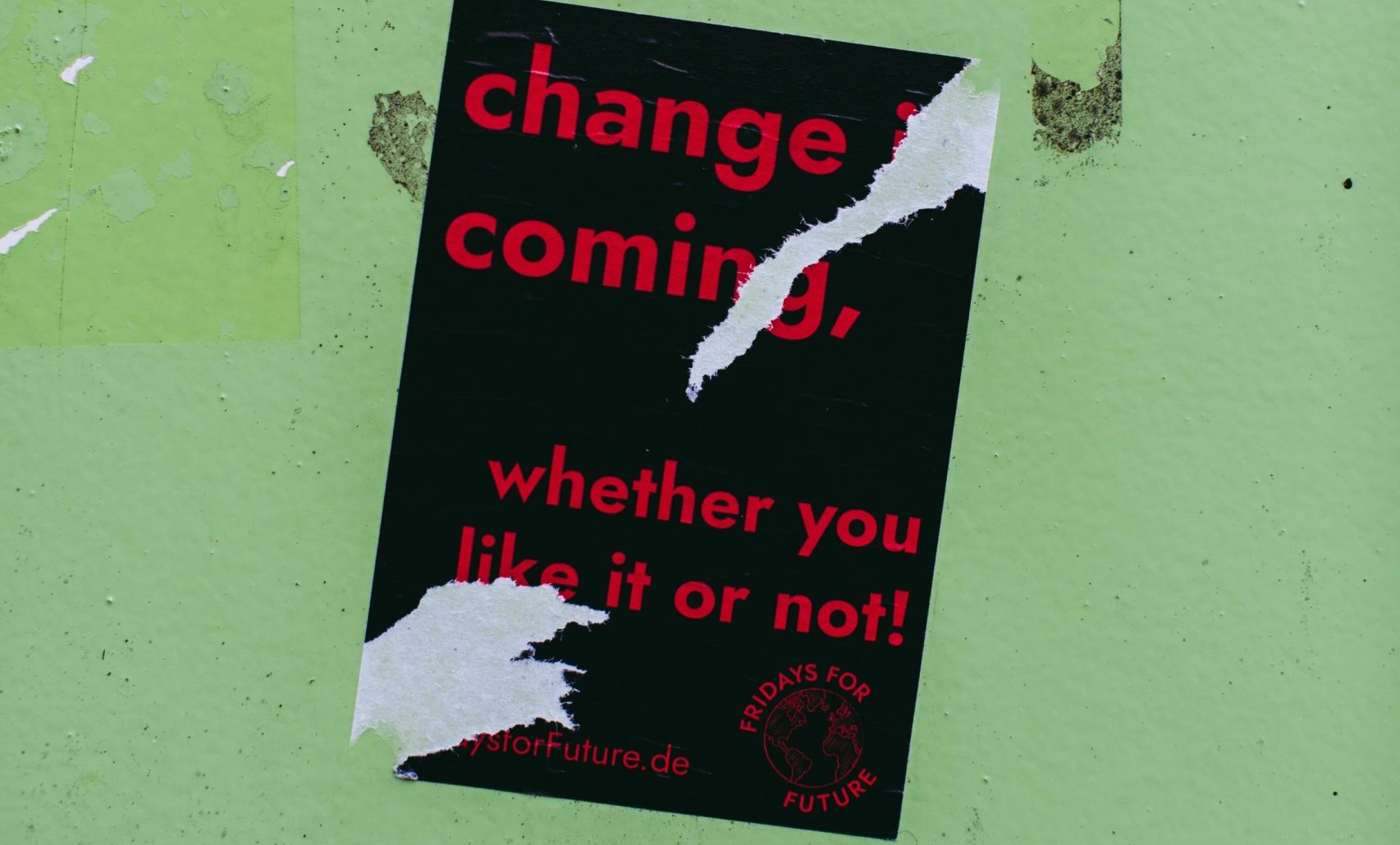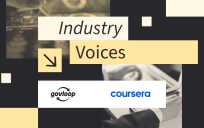Do you read “Ask a Manager“? If you haven’t, you definitely should, as it has some great advice. I can’t say I am an avid fan. However, as I was looking at a piece recently I was struck by an interesting statement that a commentator made. She maintained that the current job market does a poor job training people for their job. She argued even further though that employers don’t prepare their employees well for understanding what they will be doing in their job day to day and thus what their employment actually entails.

It was an interesting statement. I am currently training a new employee who is going through their probationary period, as well as onboarding recent transfers to our branch. With new hires, many organizations use an introductory period to expose an employee to the philosophy of the agency and/or the crucial elements of the job. But over time, training often becomes more supplemental and targeted to specific needs. Given an increasingly dynamic modern workplace culture — with technology innovation such as AI on the rise — how are organizations working to meet the need for ongoing workplace training to remain flexible?
It’s a complex issue and not one in which I have expertise. But change management is a topic that is trending more and more these days. Agencies are looking for ways to pivot effectively in their professional market. Ironically, even definitions of this trend are loose and can be dependent on perspective. But as people are at the heart of any organization, I decided to take a bit of a closer look at this topic to see how I could apply it to my own staff.
Library work is centered around human culture — it’s how we stay relevant. So change management is certainly applicable in many instances. During the early days of Covid, for instance, libraries had to find new ways to provide services or resources to their communities and often in very short time frames in order to meet demand. But transformational change such as this is not the only demonstrable type of change management. Sometimes, change is incremental, allowing processes and strategies to develop over time.
In my case, I was looking at some very specific issues. With new staff members, it’s inevitable to think about how change will affect the team. But I have started employing change management as a mechanism to understand how daily operational issues affect the larger framework. In an earlier piece for govloop, I wrote about intergenerational conflict between employees. One of the challenges has been not only onboarding and integrating the staff into the existing workspace but also still leaving space for new ideas, procedures or ways to do things so that the new team members feel involved.
While emphasis on traditional methodology such as team building exercises or communication has helped, there have still been gaps — ones that the staff have struggled with in order to come together as a team. Flexibility and the ability to pivot is crucial in library work: Staff must be able to adapt to changing needs and circumstances, both within the library and in the community they serve.
Here’s one example: Our library network recently changed its operating system. It’s been an enormous undertaking that involves complex processes at every level of work. To say I was a bit worried would be an understatement. However, I’ve started incorporating these principals into my work. I started by identifying the changes needed in our location which would help to deliver a more seamless rollout for this process. Thinking about this subject has also helped me to pinpoint additional training needs for staff, document procedural changes that need to be addressed, and highlight future discussion areas for both my team as well as my own director. This in turn has helped facilitate communication amongst the staff, but more importantly, assisted me to set clearly-defined expectations and goals that have given my team a clear sense of what their purpose entails.
I will be curious to see in what ways I am to further integrate this philosophy into my own work but it has helped to provide real in-time insight to complex issues, thus making it an essential tool in my toolbox.
Erin Farquhar is a Branch Manager for DC Public Libraries in Washington, D.C. Erin holds a bachelor’s and a master’s degree in English Literature and Folklore, as well as a MLIS. She has worked in quite a few of DC’s wards, and enjoys working with the varied communities and rich cultural heritage she serves.
Erin has stated, “Now, as a manager within this infrastructure I look to further develop the practices of strategic thinking and plan implementation. As libraries continue to develop their social role in order to build strong vibrant communities, I would like to mirror this direction in order to help shape the ideas and perspectives that are central to an innovative society. Any metamorphosis can be a slow process but a caring workforce reflects the commitment of all its employees.





Leave a Reply
You must be logged in to post a comment.